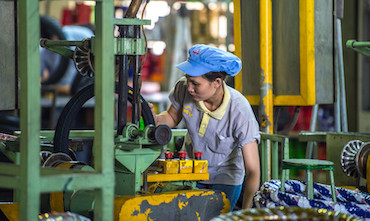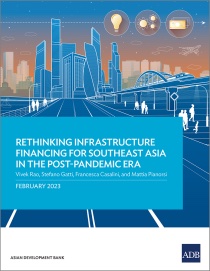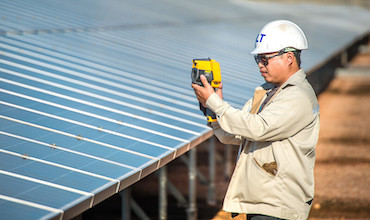This would entail significant policy change, grant of incentives, and reskilling or upskilling of the region's workforce.
Explore Our Net-Zero Coverage

This report analyzes how the pandemic has impacted investment in infrastructure in Southeast Asia and assesses how infrastructure development can help drive economic recovery and support sustainable growth.
To unlock these opportunities, however, the region needs joint action from multiple stakeholders to provide regulations, standards, manufacturing sector reforms, and other initiatives.
International cooperation needed to speed the decarbonization of high-emitting sectors.
The challenge is to de-risk projects and ensure there is long-term finance from private resources.
Nusantara expected to be the catalyst for greater economic distribution particularly in the eastern part of Indonesia.
Unlocking the region’s potential for the three opportunities would depend on whether the right enablers are in place, including regulatory policies, business ecosystems, technologies, and funding.
The green bond market has grown from $2 billion to $2.5 trillion over the years, signaling there is appetite for green investments.
Visa is tailoring its products and services to be more green to serve consumers around the world.
Representatives from governments, businesses, and the development sector called for accelerated climate action to ensure Southeast Asia’s carbon neutrality by 2050.
Decarbonizing the sector entails shifting to renewable energy, embracing the circular economy model, adopting net-zero healthcare, greening the pharmaceutical supply chain, and producing low-carbon pharmaceuticals.
Technologies are already available that could support the shift to clean and renewable energy.



